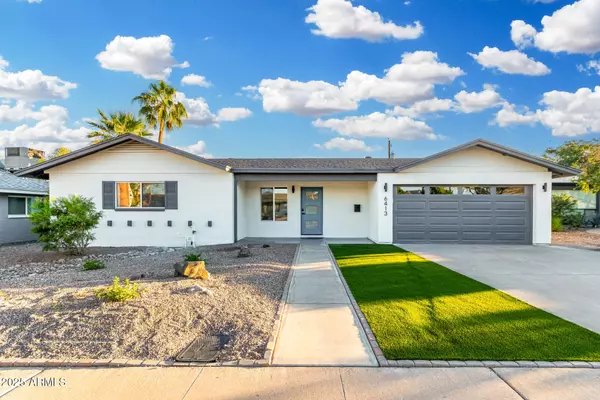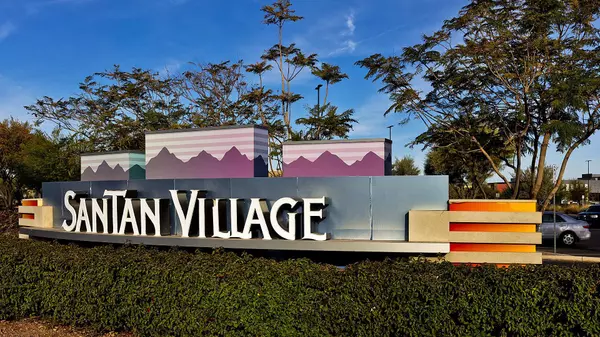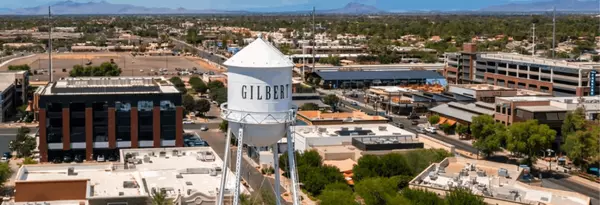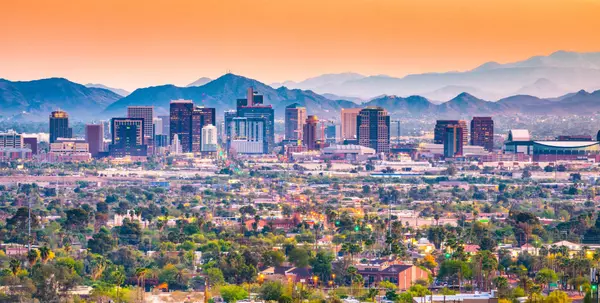Cost of Living in Phoenix Metro Area Compared to Other Cities

The cost of living is a significant factor to consider when moving to a new city, and the Phoenix Metro Area offers a compelling combination of affordability and quality of life. In this blog, we’ll compare Phoenix’s cost of living to other major U.S. cities, highlighting housing, transportation, utilities, and more.
Understanding the Cost of Living in Phoenix
Phoenix is often praised for its affordability relative to other metropolitan areas. Here’s how it breaks down:
Housing Costs
Housing is one of the most critical components of the cost of living, and Phoenix offers a range of options to suit various budgets.
- Median Home Price: Approximately $450,000 (as of 2024), which is significantly lower than cities like Los Angeles or Seattle.
- Rental Market: The average monthly rent for a two-bedroom apartment in Phoenix is about $1,800, compared to $3,000 in San Francisco.
Suburban areas like Mesa, Peoria, and Avondale offer even more affordable options, while luxury neighborhoods like Paradise Valley and Scottsdale cater to higher-end buyers.
Utilities
Phoenix’s desert climate means higher energy costs for air conditioning during the summer.
- Average Monthly Utility Bill: Around $200, slightly higher than the national average due to cooling needs.
- Water Costs: With sustainability measures in place, water costs are moderate, but conservation is encouraged.
Transportation Costs
Phoenix offers a variety of transportation options, and costs are generally lower compared to other large cities.
- Public Transit: Valley Metro’s light rail and bus services are affordable, with monthly passes starting at $64.
- Gas Prices: Typically lower than the national average, making it economical for drivers.
- Car Insurance: Rates are competitive, though they can vary based on location and coverage.
For those commuting from suburbs like Gilbert or Chandler, the city’s well-maintained freeway system makes driving convenient.
Groceries and Dining
The cost of food in Phoenix is close to the national average.
- Grocery Costs: A typical grocery bill is comparable to cities like Austin but lower than New York or Chicago.
- Dining Out: Mid-range restaurants cost about $15–$20 per person, and high-end dining is more affordable compared to cities like Los Angeles or Las Vegas.
Local farmers’ markets and Southwestern cuisine add unique flavors to the region’s food scene without breaking the bank.
Healthcare Expenses
Phoenix residents benefit from competitive healthcare costs.
- Health Insurance Premiums: Slightly below the national average.
- Access to Care: The city is home to world-class facilities like Mayo Clinic and Banner Health, offering a range of healthcare options.
Entertainment and Recreation
Phoenix’s abundant outdoor activities and free or low-cost attractions make entertainment more affordable.
- Outdoor Activities: Hiking trails, parks, and natural attractions like Camelback Mountain and Papago Park are free to enjoy.
- Sports and Events: Tickets to professional sports games (e.g., Phoenix Suns, Arizona Diamondbacks) are reasonably priced compared to cities like New York or Chicago.
- Cultural Attractions: Museums and art galleries, such as the Heard Museum and Phoenix Art Museum, often offer discounted admission days.
Phoenix vs. Other Major Cities
| Expense | Phoenix | Los Angeles | Seattle | Austin | New York City |
|---|---|---|---|---|---|
| Median Home Price | $450,000 | $950,000 | $850,000 | $550,000 | $1,200,000 |
| Average Rent (2BR) | $1,800 | $3,300 | $2,800 | $2,100 | $4,500 |
| Utilities (Monthly) | $200 | $250 | $220 | $180 | $250 |
| Public Transit (Monthly) | $64 | $100 | $99 | $60 | $127 |
| Dining Out (Avg Meal) | $15–$20 | $20–$30 | $20–$25 | $15–$20 | $30–$50 |
Affordability and Quality of Life in Phoenix
While Phoenix may not be the cheapest city in the U.S., it offers an excellent balance of affordability and amenities. Compared to other major metropolitan areas, the Phoenix Metro Area provides:
- More Bang for Your Buck: Lower housing costs and a favorable tax climate.
- Quality Education and Healthcare: Affordable access to top schools and medical facilities.
- Recreational Opportunities: A wide range of low-cost outdoor and cultural activities.
Is Phoenix Right for You?
Whether you’re a family looking for affordable housing, a young professional seeking a vibrant city, or a retiree drawn to the warm climate, Phoenix’s cost of living makes it an attractive option. When compared to other large cities, the Phoenix Metro Area offers a unique blend of affordability, opportunity, and lifestyle.
Categories
Recent Posts












